EC reports on western Balkans
Corruption, crime and ethnic tension stand in the way of reforms in the western Balkans, according to the European Commission (EC).
Wednesday, 31.10.2007.
14:01

Corruption, crime and ethnic tension stand in the way of reforms in the western Balkans, according to the European Commission (EC). The EC report states that the majority of countries in the region have little chance of joining the EU any time soon. EC reports on western Balkans The report, published by the Financial Times, says that corruption is widespread in Albania, Bosnia-Herzegovina, Macedonia, Montenegro, Serbia, Kosovo and Turkey. “Corruption is still very widespread and deep-rooted in society,” the EC states, stressing that measures taken by regional government are disproportionate to the extent of the problem. “The task is to reform the justice system, and combating corruption and organized crime are priorities,” the report states. The EC adds that the region’s level of economic integration in the EU is high and continues to grow, but that civil society is still weak, mainly because of wars and ethnic conflicts on the territory of the former Yugoslavia. Croatia is, according to the report, the only country in the Western Balkans that has any chance of becoming an EU member in the next five years. However, the Croatian government was criticized in the report for its treatment of the country’s Serb minority. “A serious problem still exists with minorities. Croatia must reach a level of tolerance towards the Serbian community and take appropriate measures to protect minorities that face threats, discrimination and violence,” the report states. After Croatia, Macedonia is the next most likely EU candidate, and is commended on improvements in the areas of human rights, minority protection and combating corruption. However, the report identifies political in-fighting as the country’s chief problem, something that has led to poor institutional functioning and has hampered reform efforts. Montenegro has a problem with Russian money laundering, according to the EC. “Police powers are limited and there is still not an adequate system for monitoring financial transactions and the banking sector, especially in terms of real estate and foreign investment,” the report concludes. One unnamed EC source told the Financial Times that no new wave of EU enlargement seemed imminent, adding that both governments and voters of the 27 EU member countries were “tired of enlargement.”
EC reports on western Balkans
The report, published by the Financial Times, says that corruption is widespread in Albania, Bosnia-Herzegovina, Macedonia, Montenegro, Serbia, Kosovo and Turkey.“Corruption is still very widespread and deep-rooted in society,” the EC states, stressing that measures taken by regional government are disproportionate to the extent of the problem.
“The task is to reform the justice system, and combating corruption and organized crime are priorities,” the report states.
The EC adds that the region’s level of economic integration in the EU is high and continues to grow, but that civil society is still weak, mainly because of wars and ethnic conflicts on the territory of the former Yugoslavia.
Croatia is, according to the report, the only country in the Western Balkans that has any chance of becoming an EU member in the next five years. However, the Croatian government was criticized in the report for its treatment of the country’s Serb minority.
“A serious problem still exists with minorities. Croatia must reach a level of tolerance towards the Serbian community and take appropriate measures to protect minorities that face threats, discrimination and violence,” the report states.
After Croatia, Macedonia is the next most likely EU candidate, and is commended on improvements in the areas of human rights, minority protection and combating corruption. However, the report identifies political in-fighting as the country’s chief problem, something that has led to poor institutional functioning and has hampered reform efforts.
Montenegro has a problem with Russian money laundering, according to the EC.
“Police powers are limited and there is still not an adequate system for monitoring financial transactions and the banking sector, especially in terms of real estate and foreign investment,” the report concludes.
One unnamed EC source told the Financial Times that no new wave of EU enlargement seemed imminent, adding that both governments and voters of the 27 EU member countries were “tired of enlargement.”













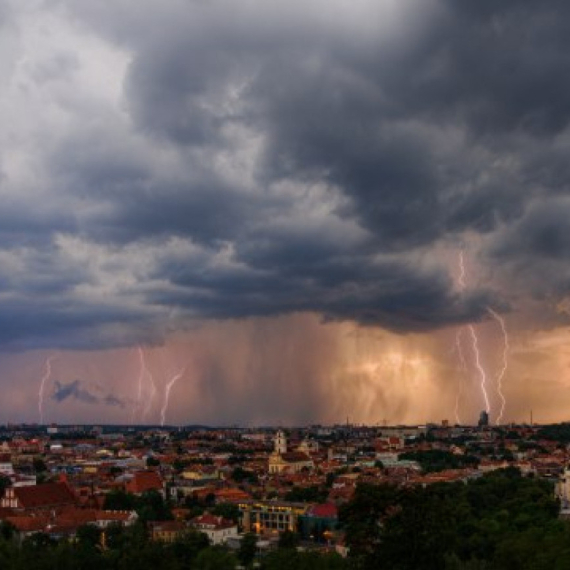
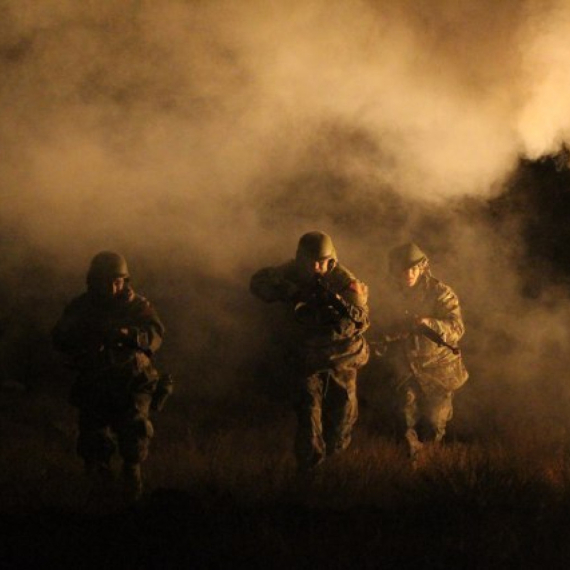








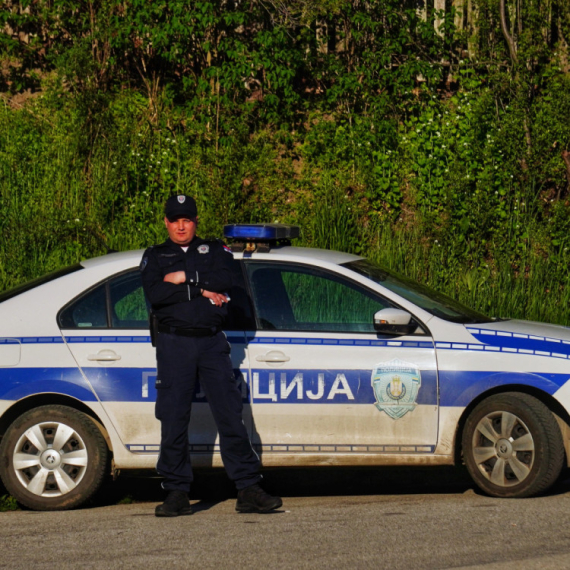
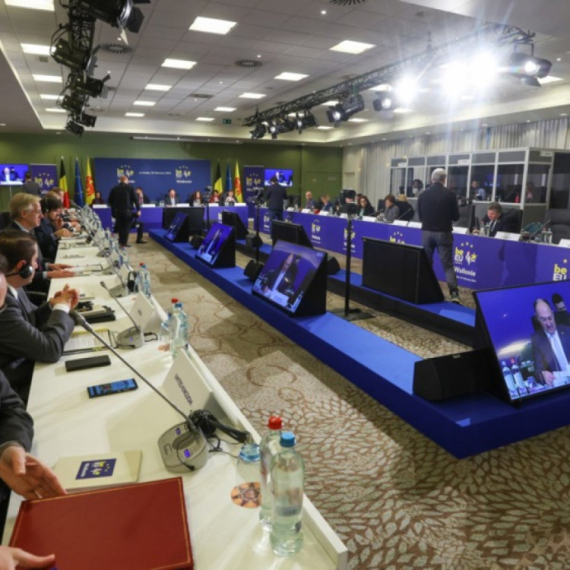

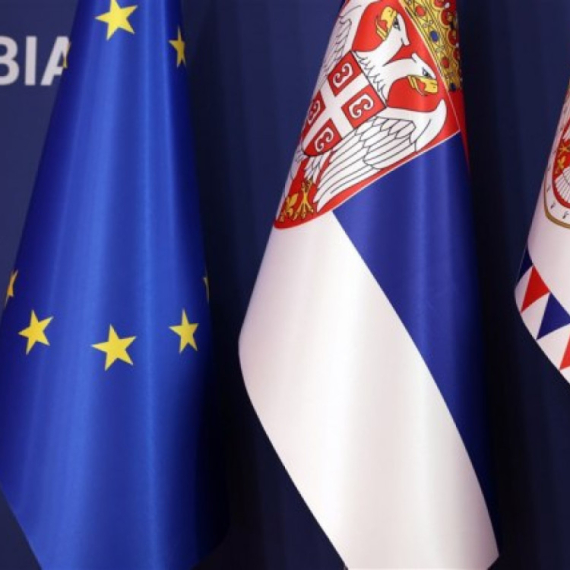















Komentari 0